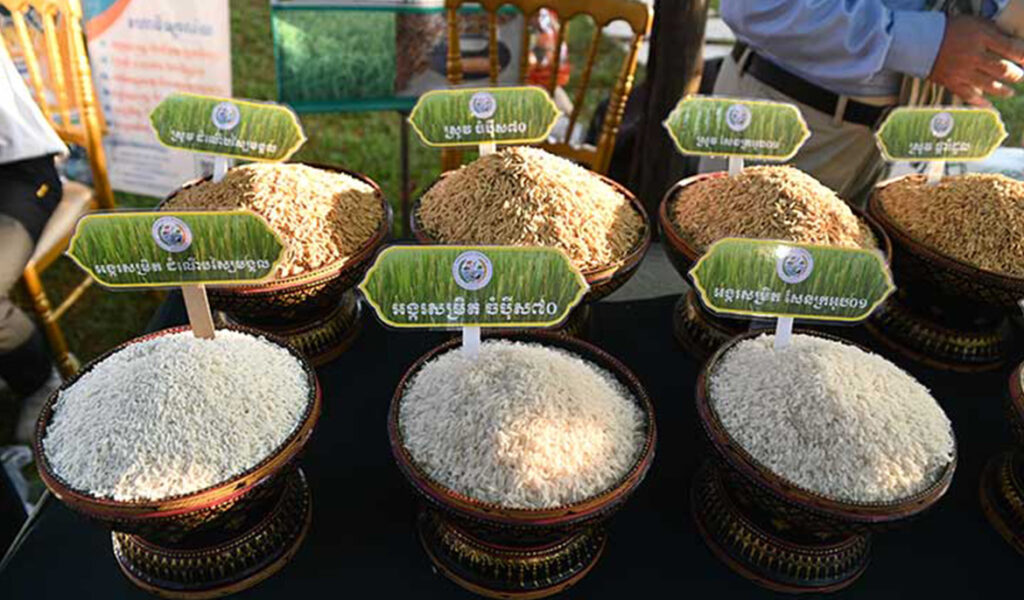Cambodia exported more than 6.13 million tonnes of agricultural products in the first half of 2024, an increase of 57 percent compared to the same period in 2023, earning more than $2.8 billion, according to a report of the General Directorate of Agriculture posted by Agricultural and Rural Development Bank of Cambodia (ARDB) on Tuesday.
The report said that the exports of agricultural products in the first half of this year increased by more than 2.23 million tonnes. During the same period in 2023, Cambodia exported only 3.9 million tonnes of agricultural products, earning $2.4 billion.
The agricultural products that have contributed to the growth of exports include milled rice, paddy rice, fresh cassava, cassava flour, cashew nuts, corn, fresh longan, fresh mango and pepper.
The products were exported to 80 countries including Vietnam, Thailand, China and South Korea.
“More than 3.86 million tonnes of the agricultural exports were non-rice products, earning more than $2.1 billion,” said the report, adding that the exports of milled rice constituted 330,000 tonnes and paddy rice more than 1.92 million tonnes.
The report added that in the first half of this year, Cambodia’s export of milled rice increased 2.74 percent, paddy rice 57.28 percent, cassava flour by more than 100 percent, cashew by more than 50 percent and corn by 250 percent, while dried cassava slices decreased eight percent and fresh bananas 22 percent.
The exports of fresh mangoes increased by more than 100 percent, dried mangoes by 38 percent, fresh longan by more than 120 percent and pepper by more than 117 percent while other agricultural products decreased by 13 percents.
The Cambodia Rice Federation (CRF) Secretary General Lun Yeng told Khmer Times yesterday that the exports of milled rice and paddy rice did not go up as expected as there were issues with container shipping.
Recently, armyworms and rice whiteflies (Aleurocybotus indicus) posed a threat to paddy and other crops in some provinces as the pests destroyed more than 20,000 hectares of rice, mixed crops and industrial crops.
Yeng, however, said that it is not a serious problem and that the Ministry of Agriculture, Forestry and Fisheries (MAFF) has taken timely measures. “The impact on production seems to be very limited,” Yeng stressed.
Meanwhile, Dith Tina, Minister of MAFF, said on Wednesday that the ministry is working on policies to ensure food security and economic and environmental sustainability.
He added that strengthening modern farming methods can help farmers reduce production costs. The deployment of agricultural officials to assist farmers would help them address any challenges.
Earlier this week, Prime Minister Hun Manet called for efforts to promote agricultural products, especially through diversification, for the betterment of farmers’ livelihoods. He asked all stakeholders to increase quality control, safety and processing capacity and develop value chains for strengthening the competitiveness of Cambodian agricultural products for both domestic and foreign markets.
The government has exempted agricultural products, including rice, corn, beans, pepper, cashew nuts, cassava and rubber from additional taxes, both for the domestic and export markets.
Last year, Cambodia exported 8.82 million tonnes of agricultural products, earning nearly $5 billion. The main products exported by Cambodia included rice, bananas, mangoes, cassava, cashew nuts, corn, palm oil, pepper and tobacco.



